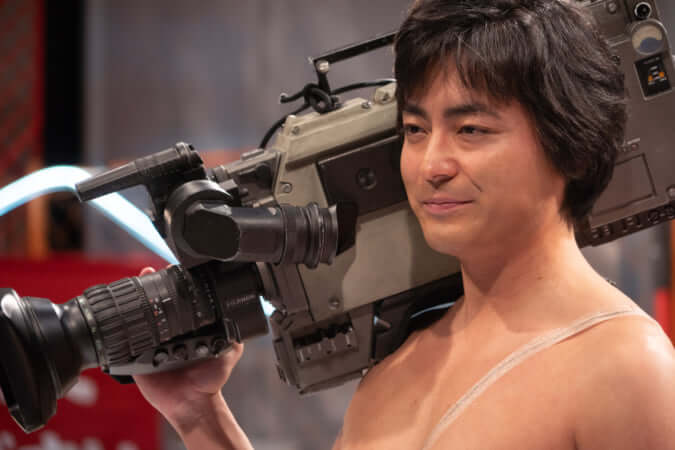Maywa Denki’s Spectacular Instruments
These remarkably original devices were all dreamt up by two brothers with a passion for music and electronics.
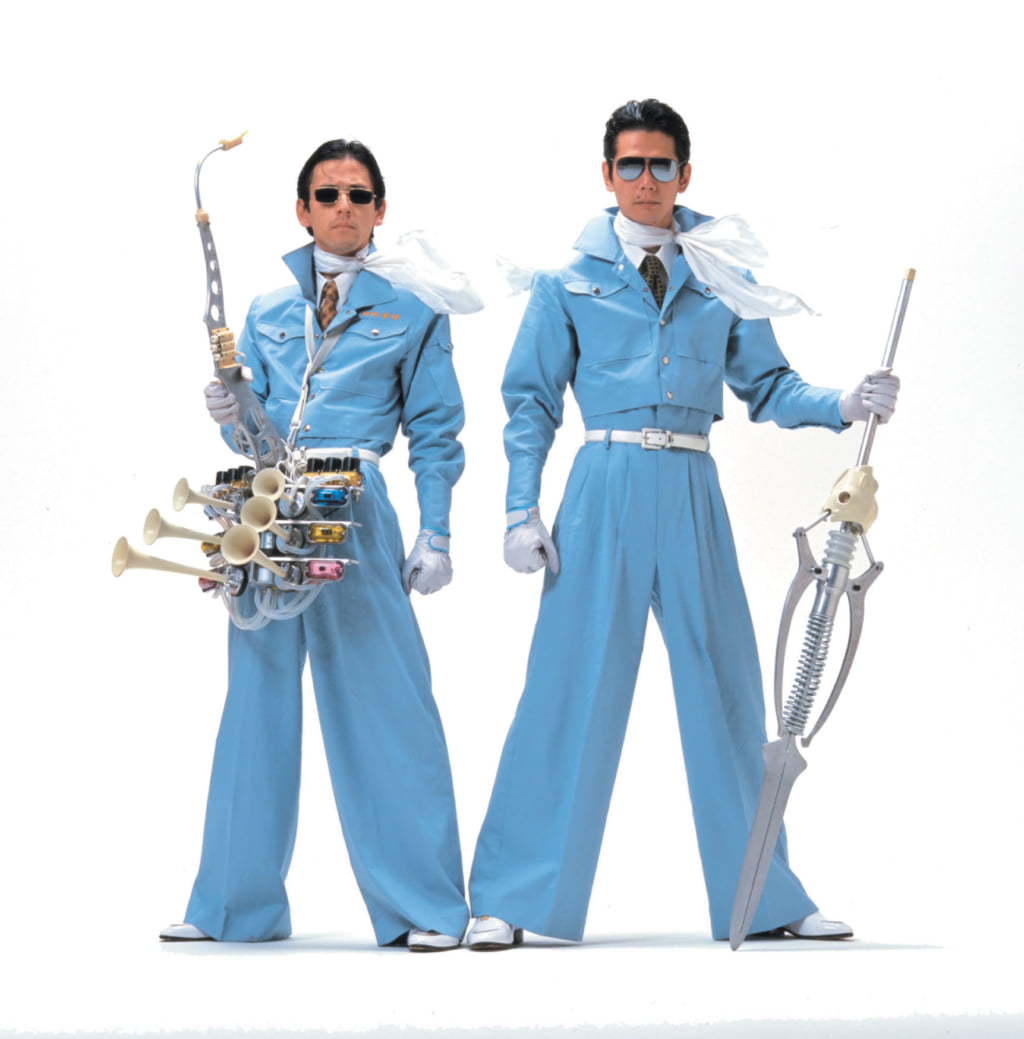
© Maywa Denki
Two brothers, named Masamichi and Novmichi Tosa, are behind the art unit Maywa Denki. The name was taken from their father’s factory that made electronic parts and supplied companies like Panasonic, but that did not survive the oil crisis, going bankrupt in 1979.
The pair of artists, performers, musicians and ingenious creators decided to launch their art unit by drawing on the DNA of the former family business and adding their passion for music. ‘As a child, I grew up in the environment of that factory so I had the blood of my father, an engineer, in my veins’, Novmichi Tosa explains in an interview with Pen. ‘In Japan, the scope of action for artists is very narrow, and I found it difficult to express myself to the general public. So I used the style of an electrical store. That’s how Maywa Denki came into existence, by combining my artistic side with the style of an electrical store.’ This act of borrowing from electronics shops even influences the stage outfits worn by the duo: the musicians are all dressed in uniforms that were worn by employees in these stores in the post-war years.
An automatic, spectacular form of theatre
In this parallel universe created by the Tosa brothers electricians are rock stars. ‘What we wanted to convey in the Tsukuba series was a fascination for music that emerges from the discipline and that, when connected to a computer, can create an automatic, spectacular form of theatre.’
Thus, the duo create unique instruments like the Edelweiss, a self-playing marimba with flowers that open when it is being played and close when the music stops. Another example is the Otamatone, a musical device that the musician harnesses to their back and that is operated by electronic finger clicks. There is also Semons, a singing machine with a diaphragm that sends air into an artificial vocal cord made from rubber, with the tension controlled by a computer program.
‘What’s interesting about computerised music is the fact that you can make music in a rational way. I was interested in both percussion music and electronic music. I combined the two in the Tsukuba series, with instruments that function using electricity’, explains Novmichi Tosa, who regularly travels all over the world to give performances and whose instruments are displayed in various museums. Maywa Denki also opened their first shop in Tokyo in March 2019, located in the Tokyo Radio Department Store Shop in the Akihabara district.
More information about the Tsukuba series of instruments can be found on Maywa Denki’s website.
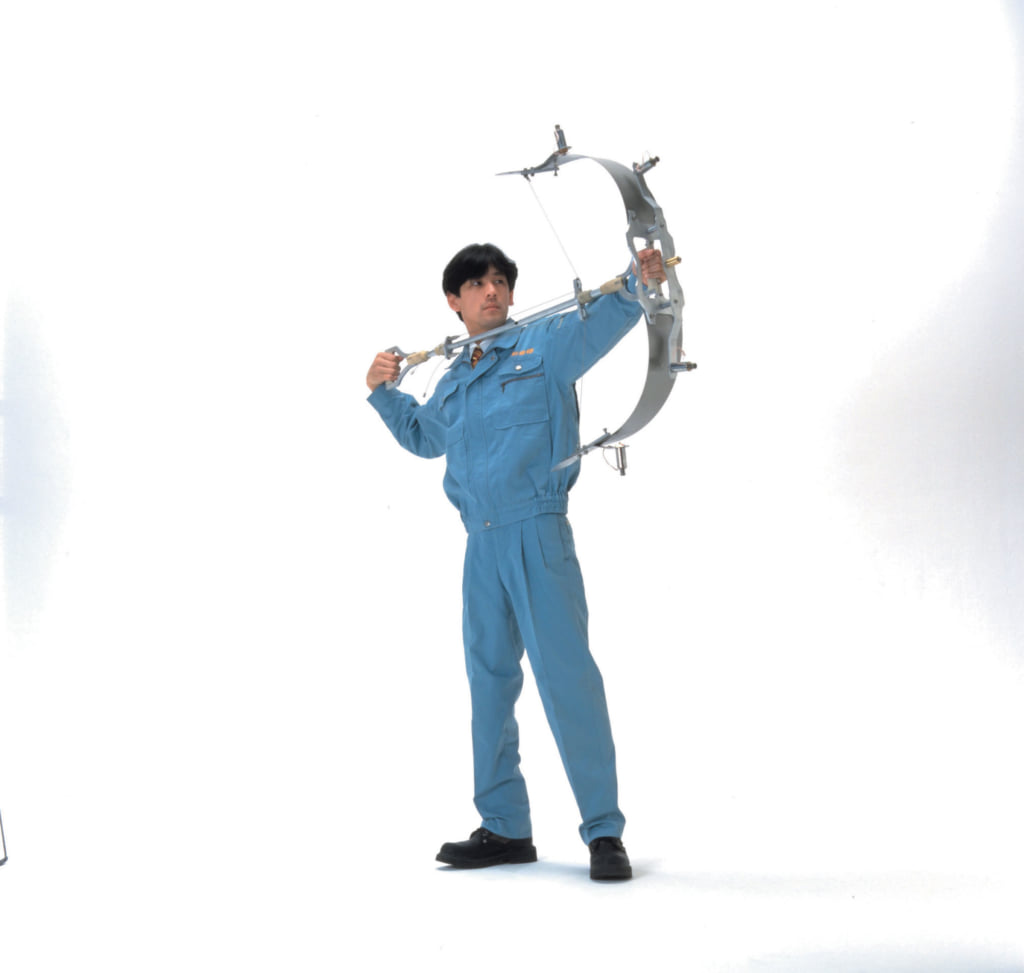
© Maywa Denki
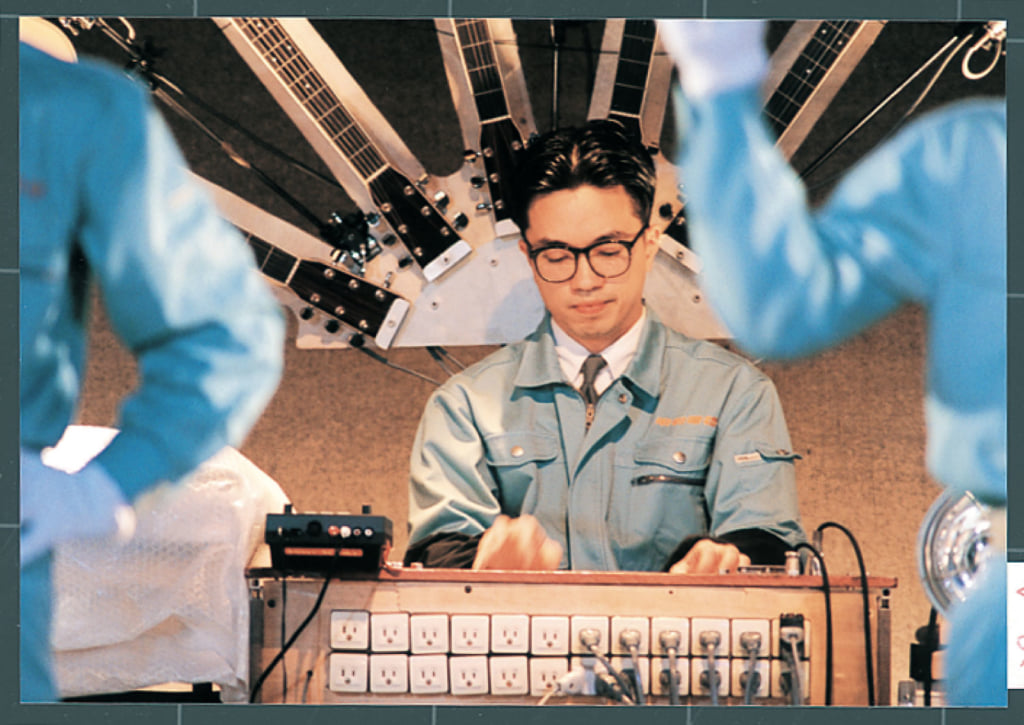
© Maywa Denki
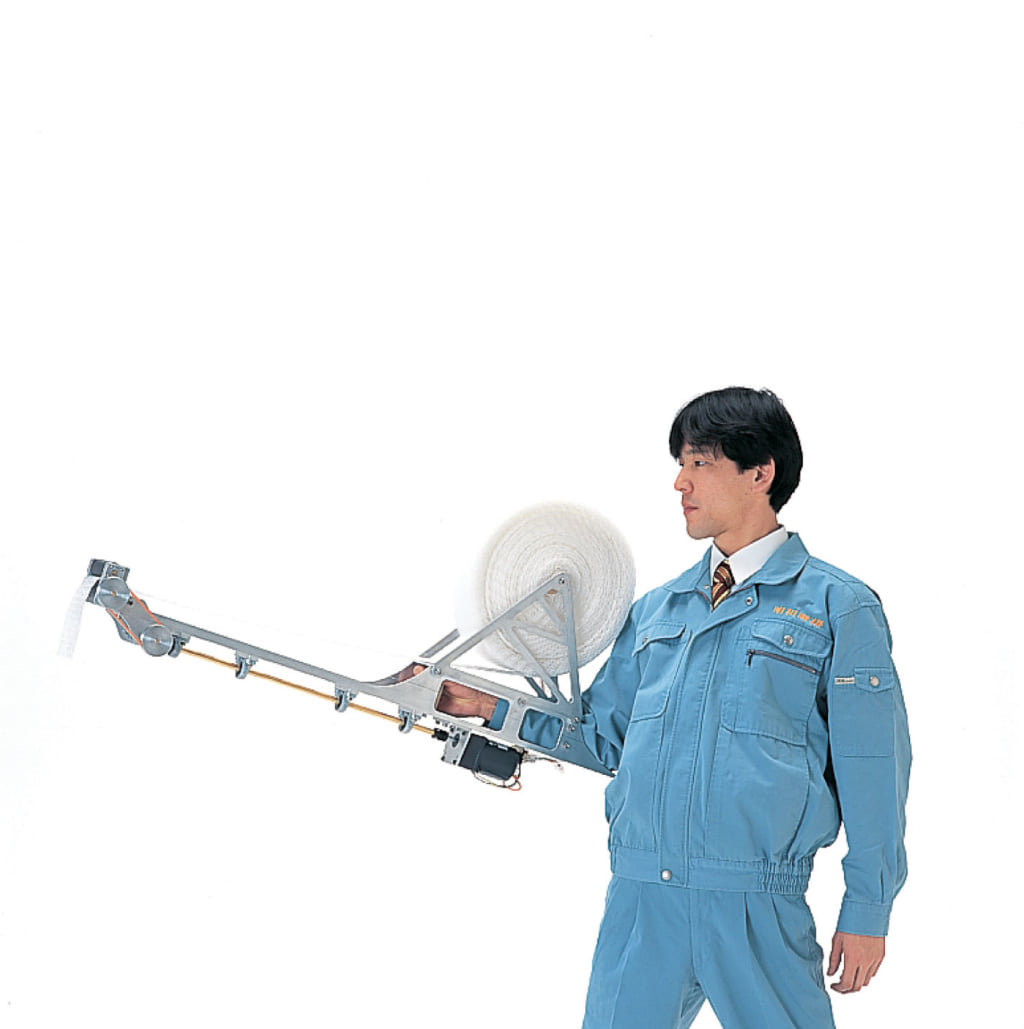
© Maywa Denki
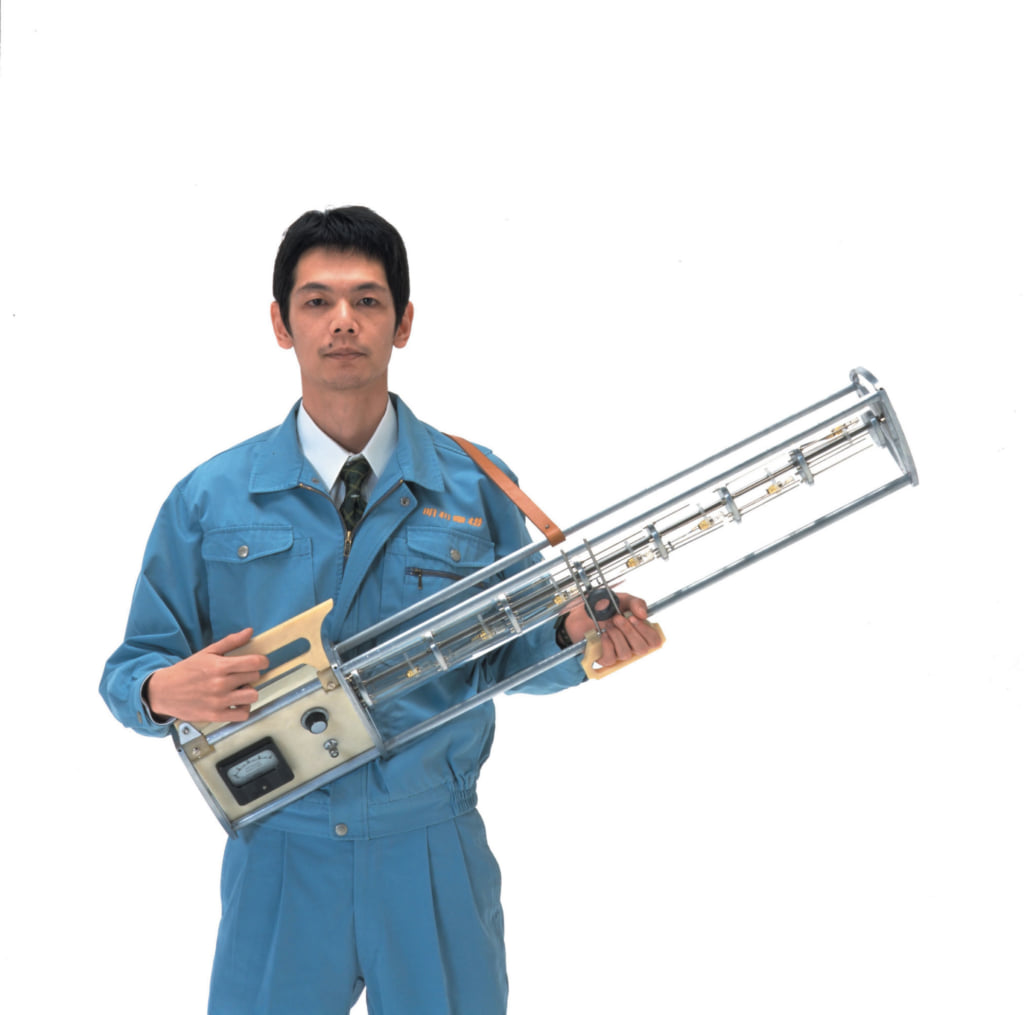
© Maywa Denki
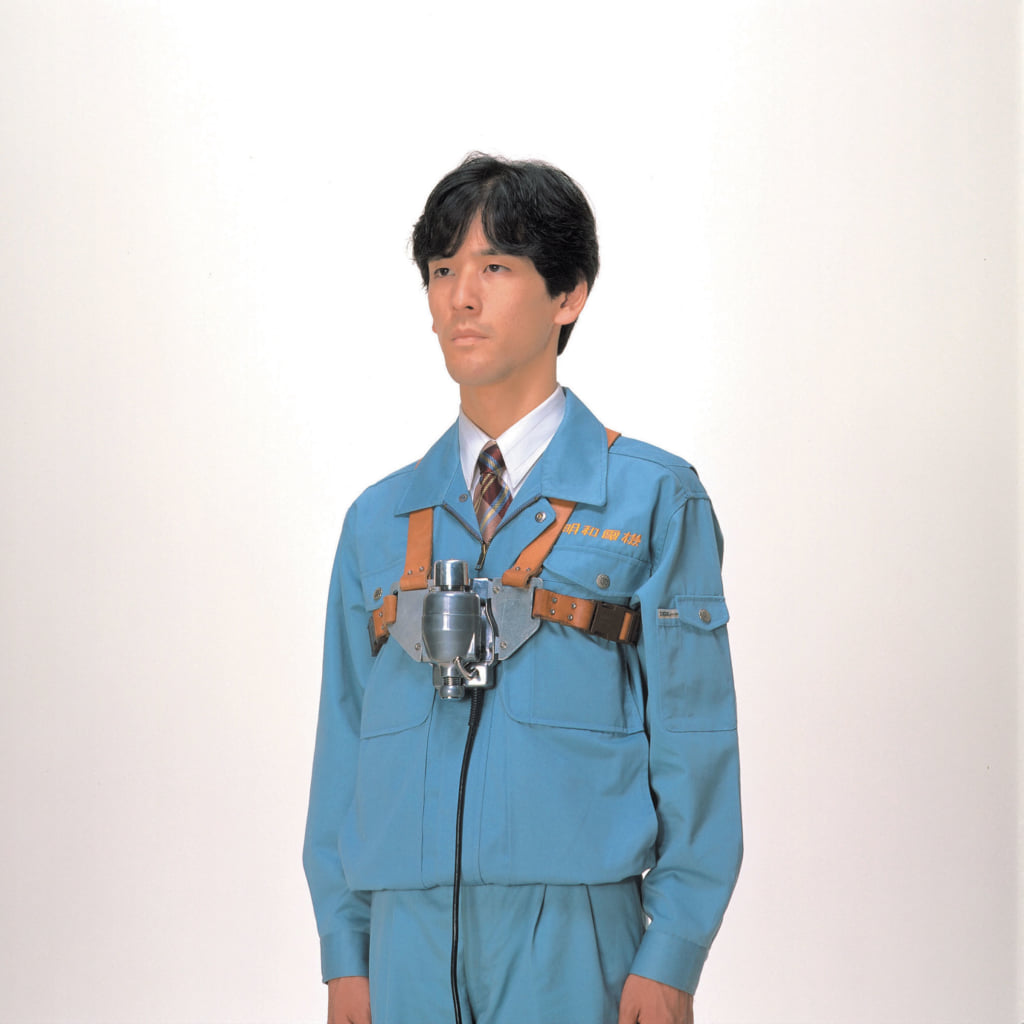
© Maywa Denki
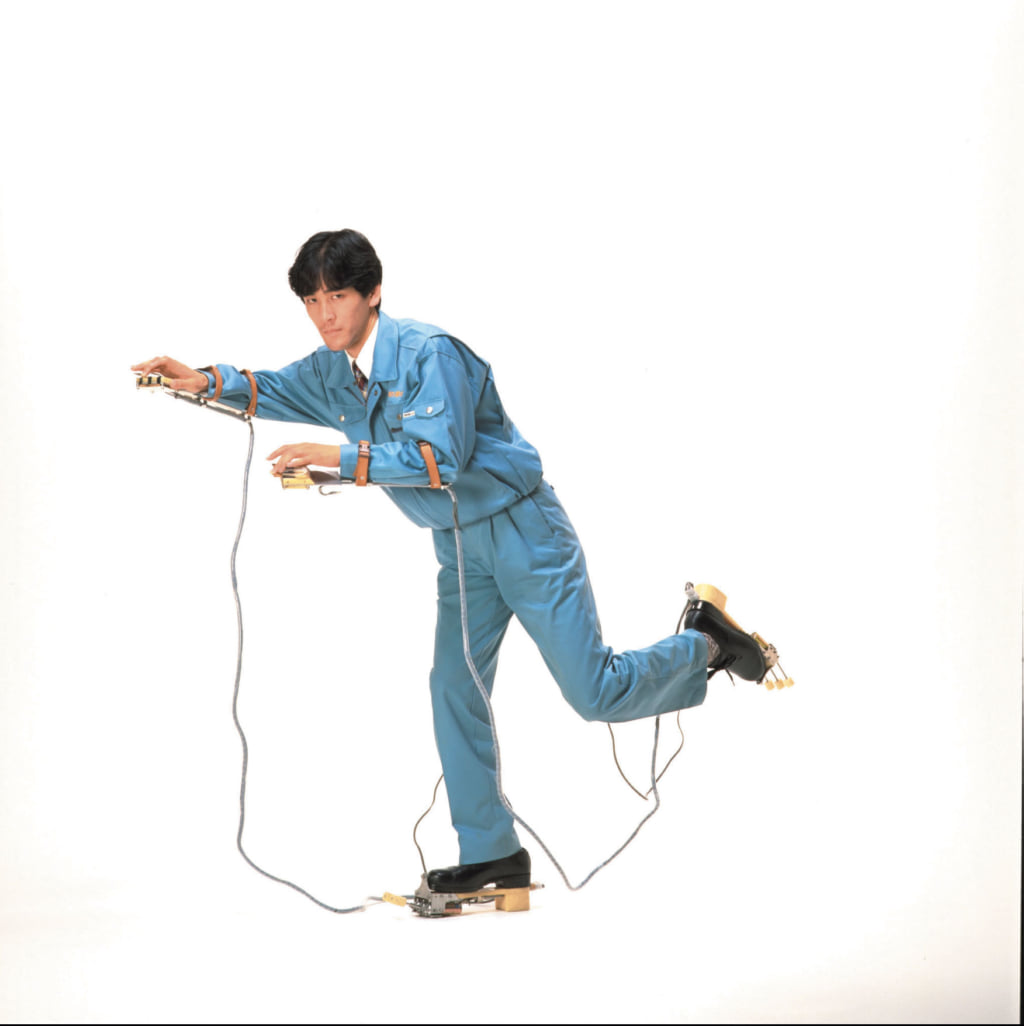
© Maywa Denki
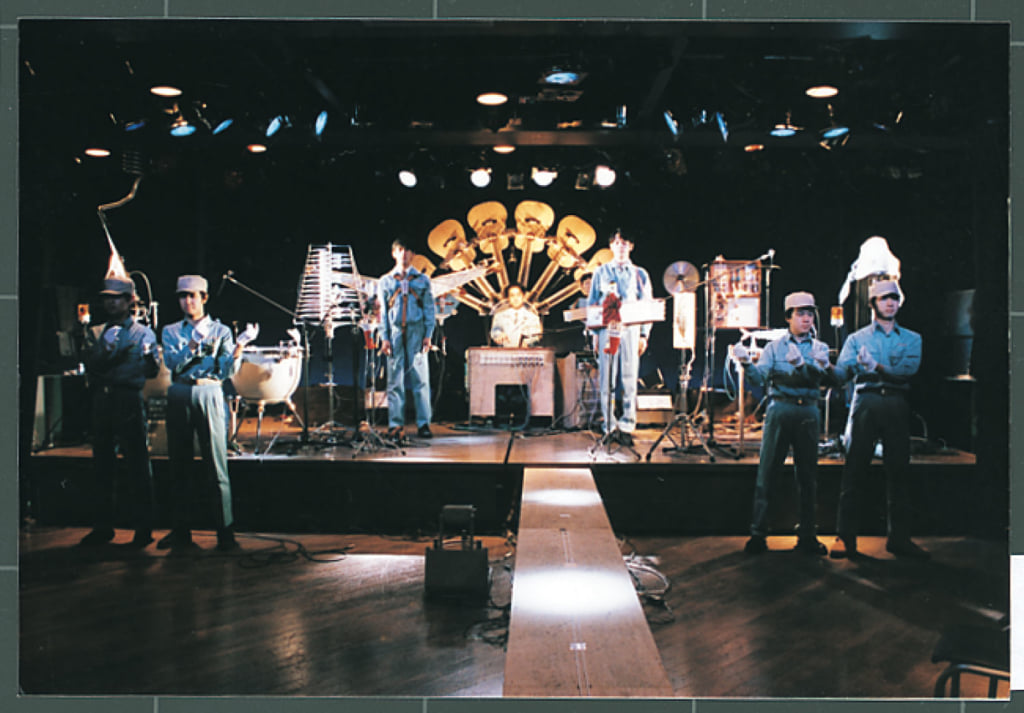
© Maywa Denki
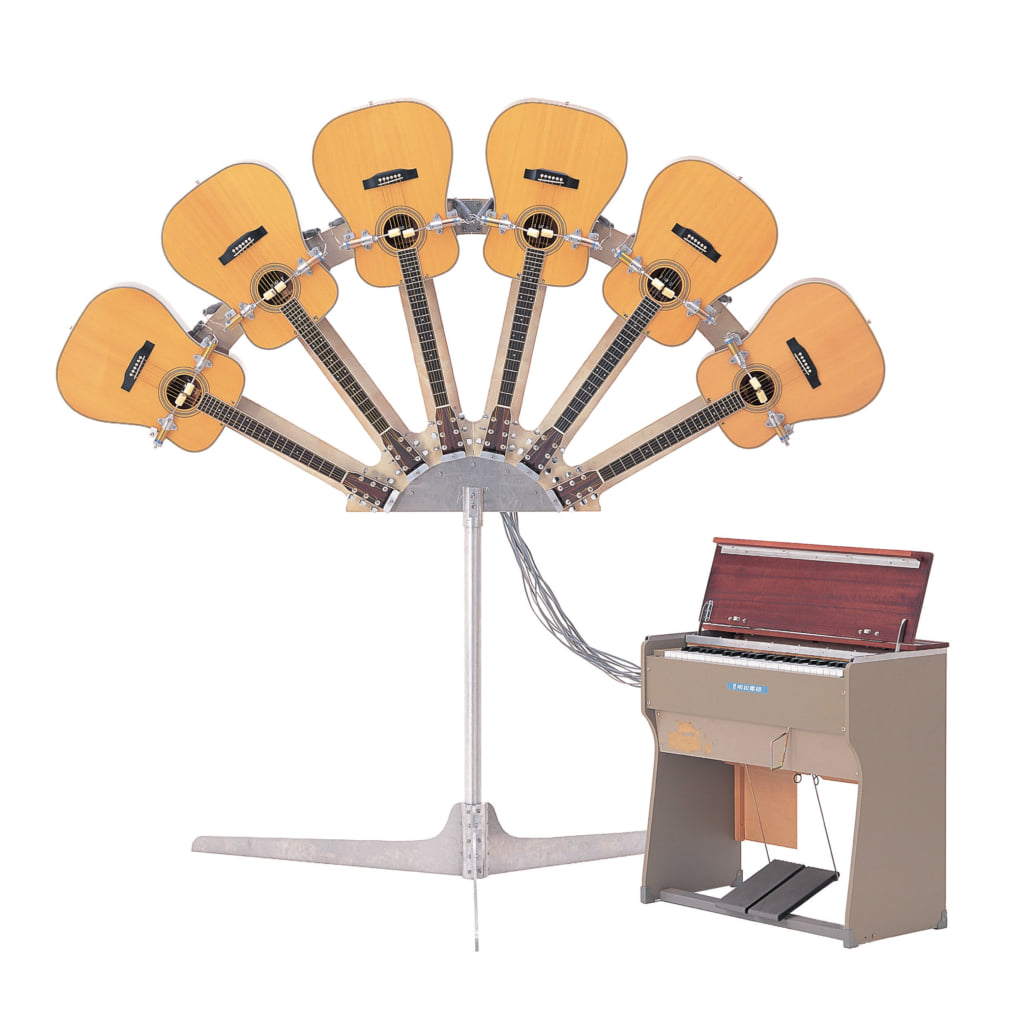
© Maywa Denki
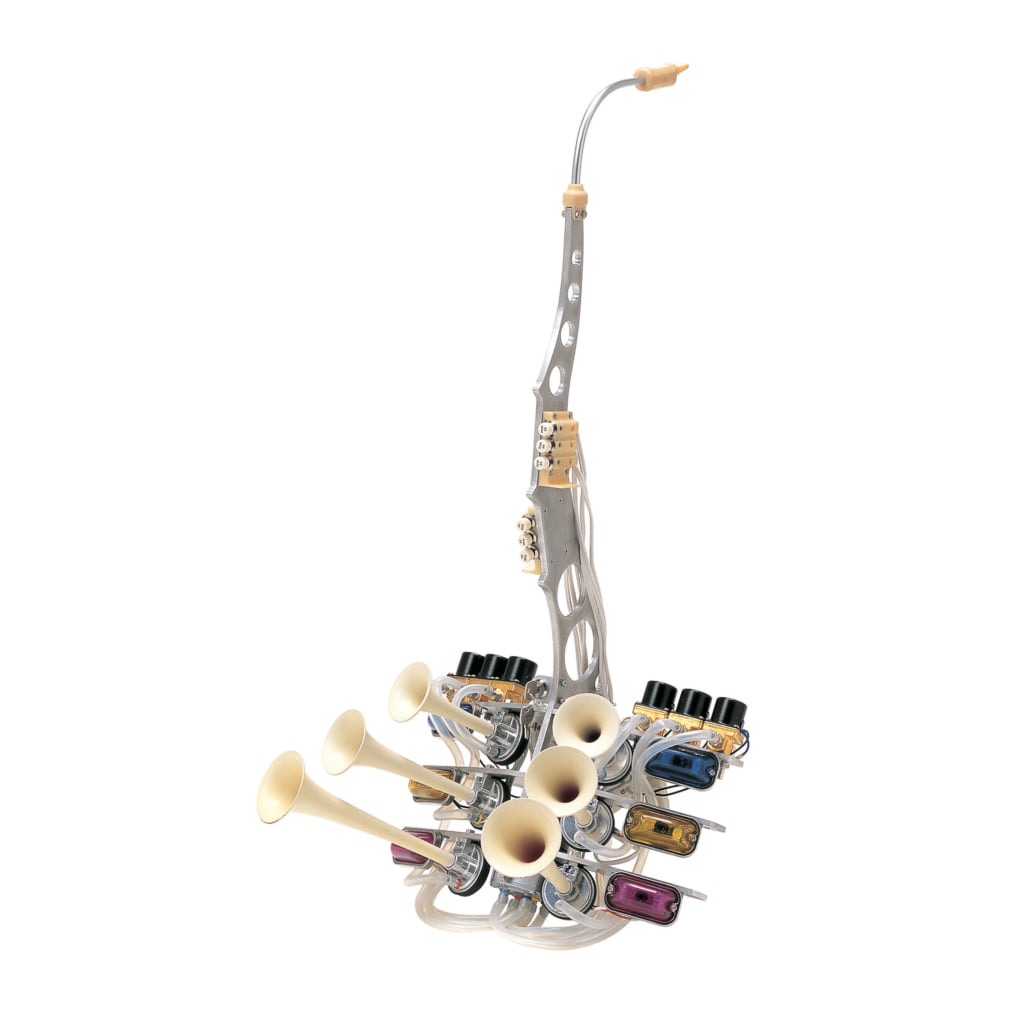
© Maywa Denki
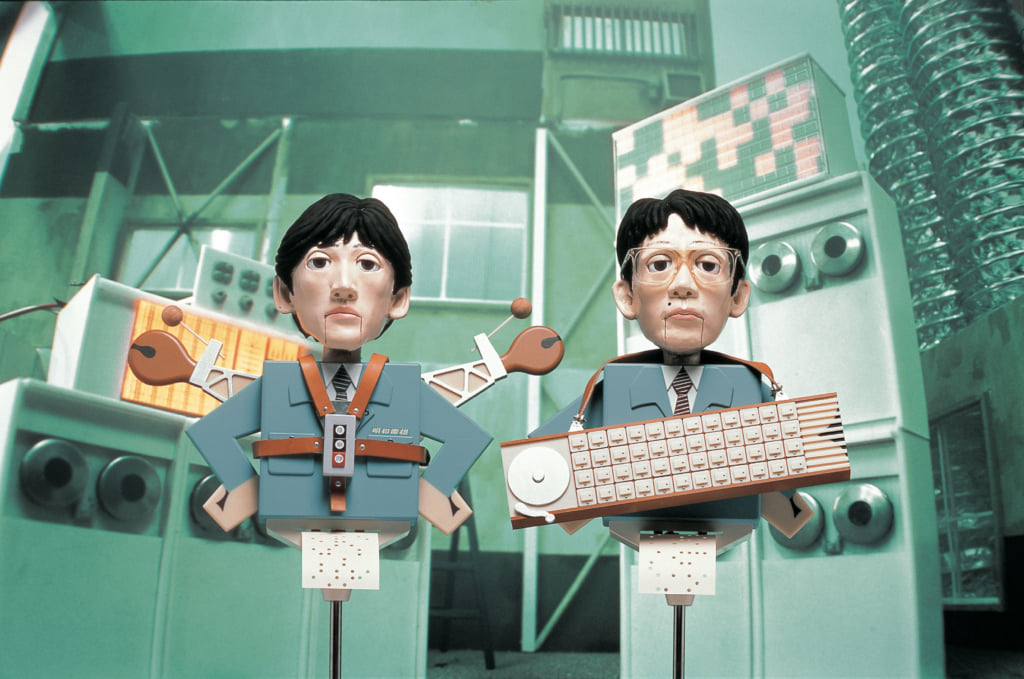
© Maywa Denki
TRENDING
-
Ishiuchi Miyako, A Singular Perspective on Women
Recipient of the 2024 Women in Motion Award, the photographer creates intimate portraits of women through the objects they left behind.

-
Recipe for Ichiraku Ramen from ‘Naruto’ by Danielle Baghernejad
Taken from the popular manga with the character of the same name who loves ramen, this dish is named after the hero's favourite restaurant.

-
Namio Harukawa, Master of Japanese SM Art
'Garden of Domina' offers a dive into the world of an icon of ‘oshiri’, whose work has now reached a global audience.

-
The Tattoos that Marked the Criminals of the Edo Period
Traditional tattoos were strong signifiers; murderers had head tattoos, while theft might result in an arm tattoo.

-
The Emperor of Japanese Porn is Now the Star of a Netflix Series
Deliciously funny, The Naked Director especially succeeds in reviving the atmosphere that was so characteristic of 1980s Japan.





